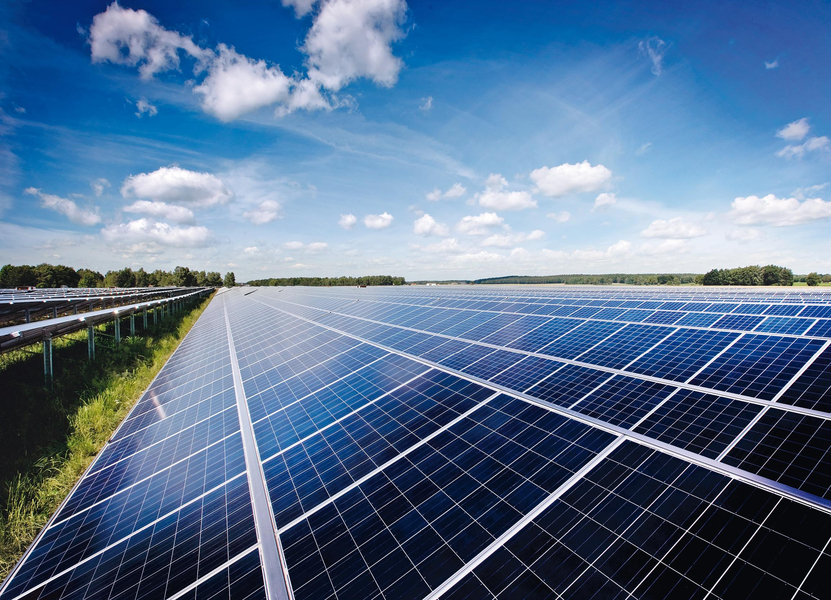The efficiency of solar photovoltaic (PV) power generation is influenced by temperature, and the relationship is generally inverse – as temperature increases, the efficiency of solar panels tends to decrease.
- Temperature Coefficient of Solar Panels:
- Solar panels have a temperature coefficient, which represents the percentage decrease in efficiency for every degree Celsius rise in temperature above a standard testing temperature. The temperature coefficient is typically provided by manufacturers. The temperature coefficient is negative, indicating a decrease in efficiency with increasing temperature.
- Increase in Semiconductor Resistance:
- Solar cells contain semiconductor materials, typically silicon. As the temperature rises, the semiconductor material’s electrical resistance increases. Higher resistance results in a higher voltage drop across the solar cell, reducing the overall efficiency of the solar panel.
- Reduction in Open-Circuit Voltage:
- The open-circuit voltage of a solar cell decreases with an increase in temperature. This reduction in voltage can impact the overall power output of the solar panel.
- Impact on Electron Mobility:
- Elevated temperatures can affect the mobility of electrons within the semiconductor material. Reduced electron mobility can lead to a decrease in the current output of the solar cell.
- Thermalization Losses:
- At higher temperatures, more energy from sunlight can be absorbed as heat rather than converted into electricity. This thermalization loss contributes to a drop in the efficiency of solar panels.
It’s important to note that the specific impact of temperature on solar panel efficiency can vary between different types of solar cells and technologies. Thin-film solar cells, for example, may have different temperature characteristics compared to traditional crystalline silicon solar cells.
While high temperatures can decrease the efficiency of solar panels, it’s worth mentioning that solar panels are still capable of generating electricity even on hot days. The decrease in efficiency is typically accounted for during system design, and advancements in technology and cooling techniques are being explored to mitigate the impact of temperature on solar panel performance. Additionally, solar panels can benefit from cooler ambient temperatures in the early morning and late afternoon, which can help offset some of the efficiency losses during the peak of the day.


